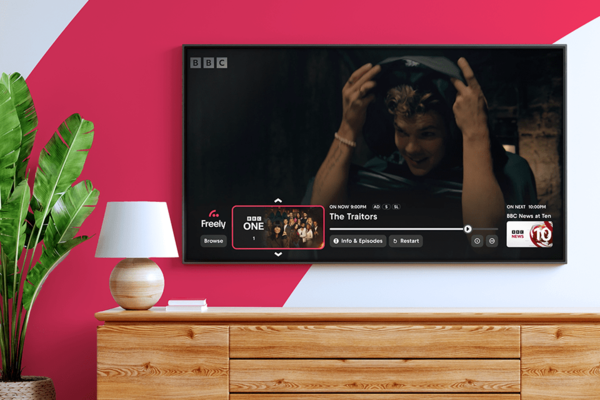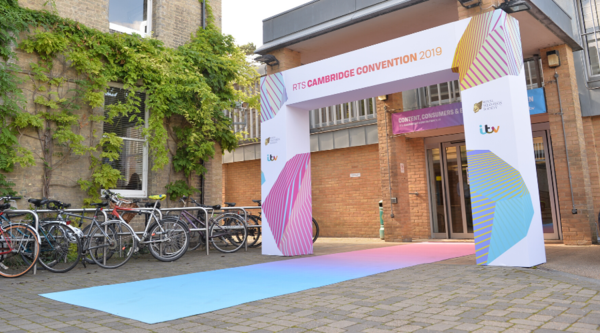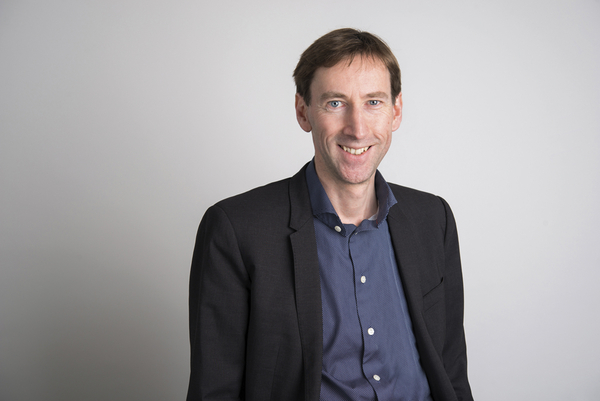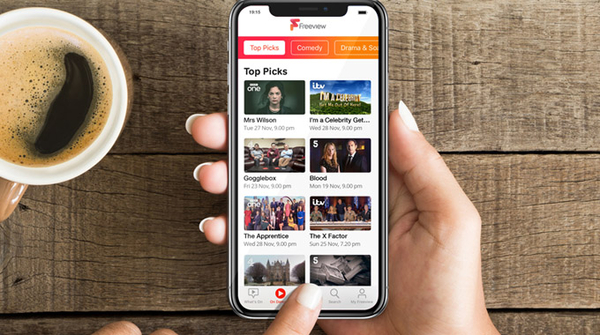Four more smart TV brands to offer new free-to-air streamer Freely
Toshiba, Sharp, Panasonic and Metz are joining the Freely line-up, after existing partners Hisense and Bush joined in April and May 2024, respectively.
Freely is backed by the BBC, ITV, Channel 4 and Channel 5, and integrates all of its live TV channels and on demand content in one place, for free, via compatible smart TVs. STV and S4C’s content is also available.
All that is required is a WiFi connection, which removes the need for an aerial or satellite dish. But Freely viewers can use an aerial to access more terrestrial channels.







